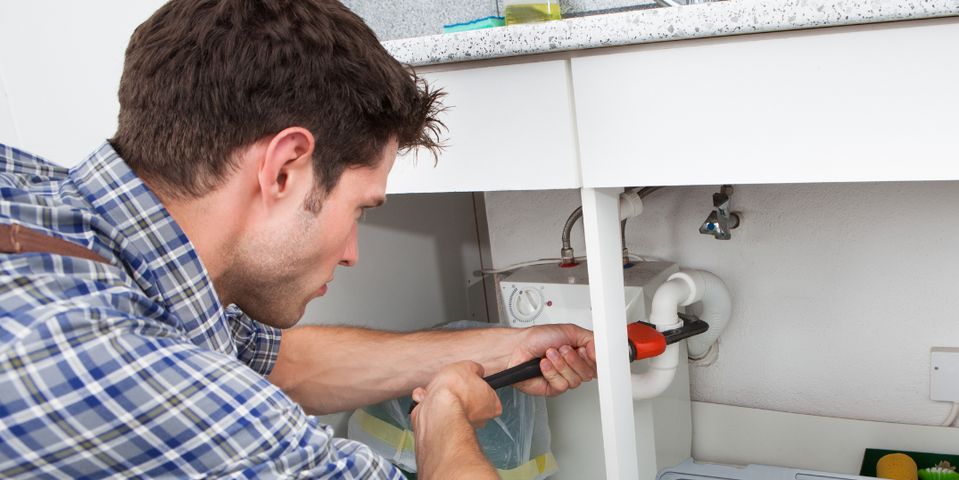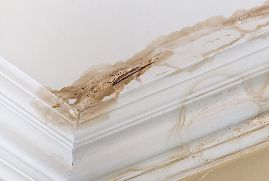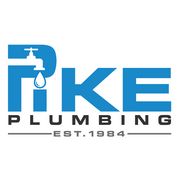
Burst pipes can cause serious damage to your home and plumbing while cutting off your access to water needed for daily tasks. This can happen for a number of reasons throughout the year, but there are ways you can detect problems early. Here is a guide to understanding the common causes of burst pipes and how you can address them.
Why Do Pipes Burst?
The most common causes of burst pipes are excessive movement, corrosion, and abnormally high water pressure. For example, galvanized steel pipes, which were widely popular in homes built before the 1960s, will eventually rust and weaken as acidic electrolytes in water wear away and oxidize iron particles, making them more susceptible to breakage. In newer homes, pipe fittings may be weakened as the structure settles or as soil shifts beneath it, adding pressure to buried plumbing fixtures.
Tree roots, which naturally seek out sources of water, may exploit tiny fissures in pipes, making leaks more severe and bursting more likely. Another common issue is water hammering, which happens when pressure surges in your pipes cause them to bang around inside walls and floors until their fittings eventually break apart.
How Can Burst Pipes Affect Your Home?

Water leaking through burst pipes can damage building materials in walls, ceilings, and floors, as well as wiring and furnishings. For example, leaking water can saturate insulation, reducing your home’s thermal efficiency. It may also cause short circuits in your electrical system or increase the risk of an electrical fire.
Accumulated water in confined spaces can also contribute to mold and mildew growth. The spores released by fungal colonies may trigger allergic reactions and asthma attacks. Even people who are not allergic to mold can experience cold- and flu-like symptoms such as coughing, sneezing, difficulty breathing, and watery eyes.
How Can You Prevent It?
In many cases, the most that can be done to prevent pipes from bursting is by taking precautions during installation, such as asking the professional crew to carefully redistribute soil and preemptively replace old steel piping. You can also protect your plumbing from root growth by planting trees and shrubs at least 10 feet away from buried pipes.
Have your plumbing inspected by a professional to gauge the condition of your pipes and to readjust your pressure settings if you notice any of these issues. Scheduling a plumbing inspection every two years or as needed will help you detect any potential problems early and carry out needed repairs and upgrades.
If you experience a burst pipe this winter, turn to Pike Plumbing in Kennesaw, GA, for prompt, reliable assistance. Serving area residents since 1984, this family-owned and -operated company is backed by extensive experience, and they offer a wide range of solutions to burst pipes and other emergency situations. Visit them online or call (770) 424-9465 to receive a free estimate.
About the Business
Have a question? Ask the experts!
Send your question

